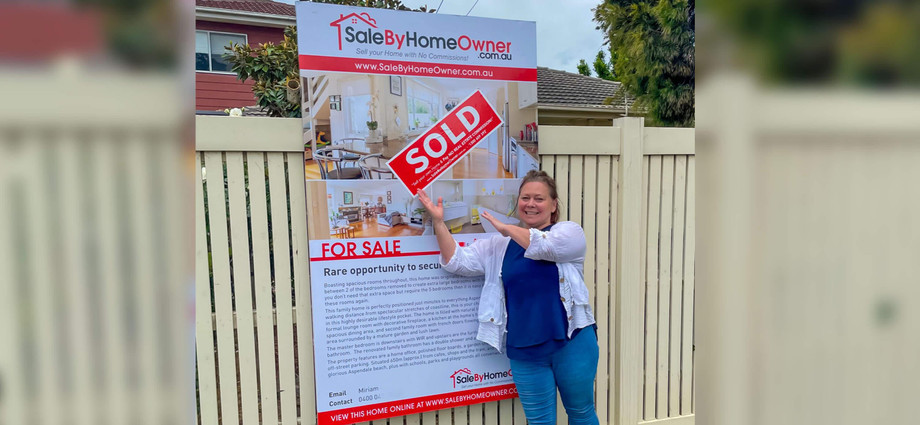In New South Wales (NSW), property sales can take various forms, but two of the most common methods are private property sales and public auctions. At Sale by Home Owner Australia, we often receive inquiries from homeowners and potential buyers about how these two methods differ and which one may be the best fit for their needs. If you’re considering selling or buying a property in NSW, understanding the key differences between private property sales and public auctions is crucial for making an informed decision.
What Are Private Property Sales in NSW?
Private property sales NSW refer to the sale of a property that is negotiated directly between the seller and the buyer, without the involvement of a public auction. This method allows property owners to set their asking price, and the buyer can either agree to that price or negotiate the terms. Private property sales are often seen as more straightforward, with the seller having control over the selling process and pricing.
In private property sales, the seller can market the property through various channels, including online listings, real estate agents, or platforms like Sale by Home Owner Australia. The key characteristic of a private sale is that it’s conducted privately, and the sale price is generally not disclosed to the public until the transaction is complete.
Key Features of Private Property Sales in NSW
1. Pricing Flexibility: In private sales, the seller sets an asking price, which can be negotiable. Unlike auctions, there is no set date for the sale, and buyers can make offers over a period of time. This gives both the seller and the buyer time to consider their options.
2. No Public Bidding: Unlike auctions, there is no public bidding process in private property sales. The buyer can make an offer, and the seller can either accept, reject, or counter the offer.
3. Less Pressure: Private property sales in NSW offer a more relaxed atmosphere compared to the fast-paced environment of an auction. Buyers don’t feel pressured to make a quick decision, and sellers have the opportunity to evaluate offers over time.
4. More Control for the Seller: Private sales allow sellers to have more control over the process. They can choose how and when to respond to offers and are not bound to any specific timeline.
How Do Private Property Sales Differ from Public Auctions?
While private property sales in NSW offer flexibility and control, public auctions follow a different process and may not suit every seller. Here’s how private sales compare to auctions:
1. Auction Timing: A key difference is that auctions have a set date and time. Once the property is listed for auction, all interested buyers must make their bids on that specific day. This can create a sense of urgency and competition, often driving the price higher.
2. Open Bidding: Public auctions are public events where potential buyers bid against each other. The highest bidder at the end of the auction wins the property, and the sale is generally considered final once the hammer falls.
3. No Negotiation in Auctions: Unlike private sales, there is no room for negotiation at auctions. If the auction reserve price is met, the property is sold. If it’s not met, the property may be withdrawn from the auction or passed in for further negotiation.
4. Costs and Fees: Both private property sales and auctions involve costs, but auctions typically incur additional fees. Sellers may need to pay auctioneer fees and marketing costs, which can add up. In contrast, private property sales generally involve fewer fees and may be a more affordable option for sellers looking to minimize costs.
5. Buyer Competition: Auctions create a competitive environment, as multiple buyers bid for the same property. This can lead to higher final sale prices, especially if there’s strong demand for the property. Private property sales, on the other hand, tend to attract buyers who are looking for a more low-pressure transaction.
Which Method is Best for You?
The choice between private property sales and public auctions in NSW depends on your preferences and the specifics of your property. If you value privacy, flexibility, and control, a private sale may be the right choice. At Sale by Home Owner Australia, we specialize in helping sellers navigate private property sales, offering support in marketing and negotiating to ensure a successful sale.
If you’re looking for a quick sale and are prepared for the competitive environment of an auction, public auctions may be a good fit. However, it’s important to keep in mind that auctions often come with additional fees and may not always lead to the best price if there’s little competition.
Conclusion
Private property sales in NSW offer flexibility, less pressure, and more control for sellers, making them an appealing option for many. On the other hand, public auctions provide a quick and competitive environment that can drive up the price but may come with higher costs. At Sale by Home Owner Australia, we guide property owners through the process of private property sales, helping them make the best decision based on their circumstances. Understanding the differences between these two methods can help you choose the right approach for selling your property in NSW.










